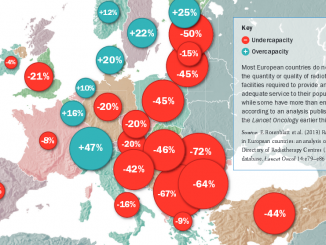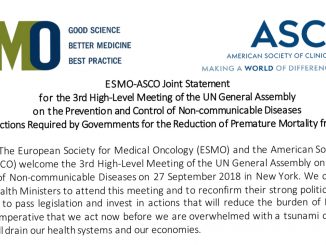For many patients newly diagnosed with cancer, financial toxicity should be on top of the list of their doctors concerns: according to a US survey described on the peer-reviewed journal Cancer, published by the American Cancer Society, up to 45% of them (depending on ethnicity) would need to discuss more with healthcare providers about the financial impact of cancer.
In a context like the US where there is growing awareness that cancer diagnosis and treatment can create financial difficulties even for patients with health insurance, Reshma Jagsi and colleagues of the University of Michigan in Ann Arbor surveyed 2502 patients with early-stage breast cancer and their 745 physicians (370 surgeons, 306 medical oncologists, and 169 radiation oncologists) to determine how much patients today are being helped by their doctors or staff with these challenges. Patients experience confirm that financial toxicity is very common, and reflects on expenditure for food, with remarkable difference among sub-groups: 21.5 percent of whites and 22.5 percent of Asians had to cut down spending on food, compared to 35.8 percent of Latinas and 45.2 percent of blacks.
Almost three out of four women who worried about finances (679 out of 945; 72.8 %) are totally unsatisfied with the information and support received from doctors and their staff. More than half of those who desired to talk to providers (283 out of 523 women; 55.4 percent) reported no relevant discussion.
Apparently, doctors think that what they are doing should suffice, but the survey shows that this is far from being the case: “We found that even though many doctors reported that they routinely make services available to their patients to help with financial concerns, many patients still reported unmet needs,” said Jagsi. “Efforts must now turn to confront the financial devastation that many patients face, particularly as they progress into survivorship. The first steps for clinical practice and policy are clear: all physicians must assess patients for financial toxicity and learn how to communicate effectively about it. To cure a patient’s disease at the cost of financial ruin falls short of the physician’s duty to serve—and failure to recognize and mitigate a patient’s financial distress is no longer acceptable.”





